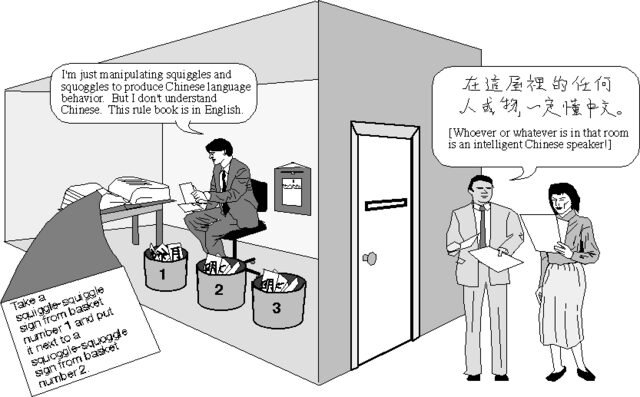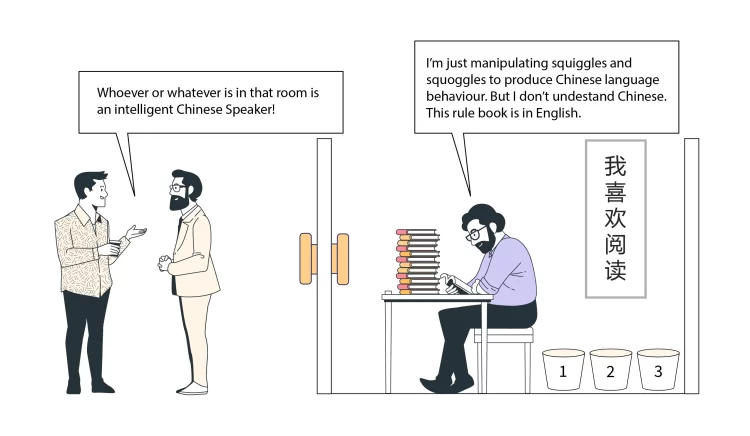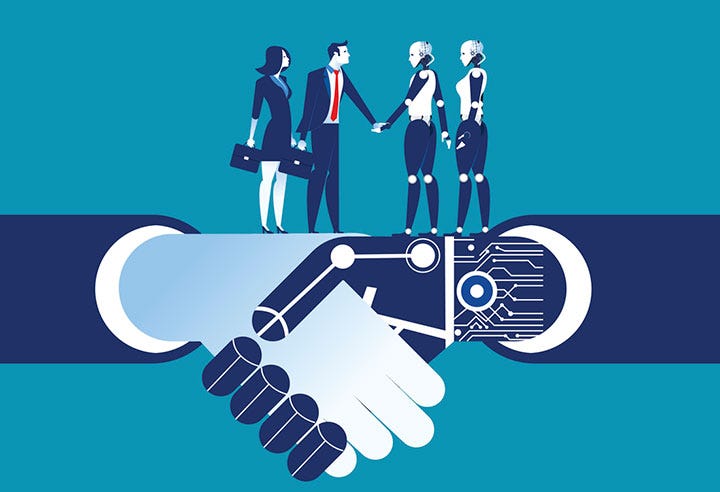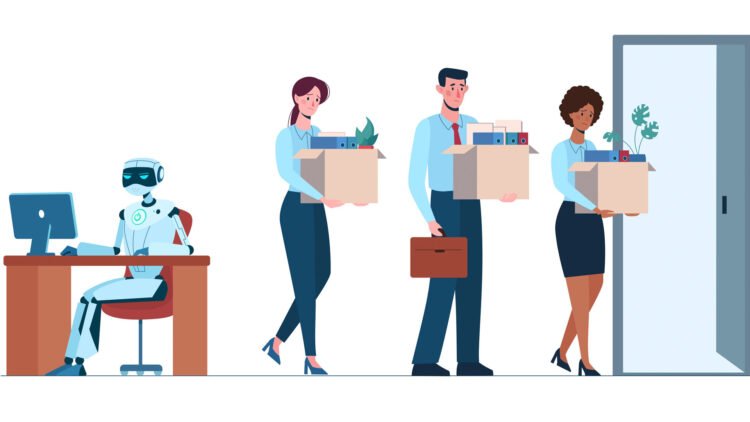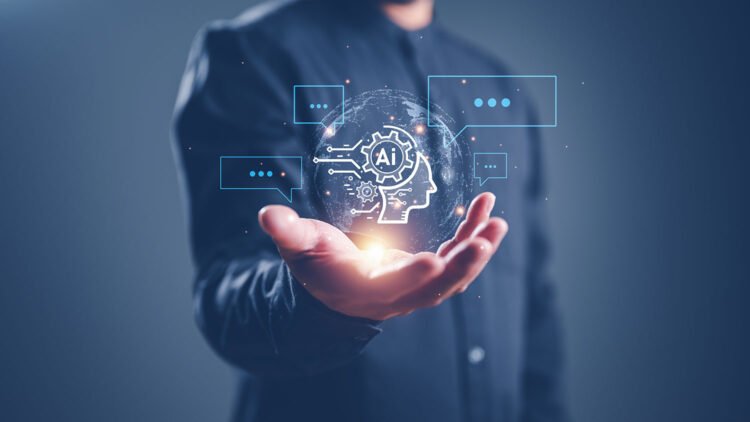John Searle’s famous Chinese Room Argument has been the target of great interest and debate in the philosophy of mind, artificial intelligence and cognitive science since its introduction in Searle’s 1980 article ‘Minds, Brains and Programs’. It is no overstatement to assert that the article has been the centre of attention for philosophers and computer scientists for quite some time. The Chinese Room is supposed to scuttle the thought of strong AI: which implies that computers have mental states. The Chinese Room arises out of the following, now familiar, story: Searle asks us to imagine that a man is seated in a sealed room with 2 doors: one allowing input from one source outside the room (in the form of a slot) and one allowing output to the source outside the room (also in the form of a slot). The input from the outside source are Chinese squiggles that have Continue reading
Artificial Intelligence
Integration of AI on Strategic Decision Making in Multinational Corporations
Artificial intelligence (AI) has emerged as a transformative technology with far-reaching implications across industries and business functions. For multinational corporations (MNCs) operating in complex global environments, AI presents both significant opportunities and challenges when it comes to strategic decision making. While AI can dramatically enhance decision making capabilities in areas like data analysis, forecasting, and operational optimization, human judgment and oversight remain essential, particularly for high-stakes strategic decisions in uncertain environments. Ultimately, it will contend that MNCs which can effectively combine AI-driven insights with human expertise and judgment will gain significant competitive advantages in strategic decision making. AI Capabilities Enhancing Strategic Decision Making AI technologies offer MNCs powerful new capabilities to augment and enhance strategic decision making processes. One of the most significant impacts is AI’s ability to rapidly analyze vast amounts of complex data to uncover insights and patterns that would be difficult or impossible for humans to detect. Continue reading
Analysis of Chinese Room Thought Experiment in Artificial Intelligence
The mind has been the center of philosophical debates for the longest of times. John Searle has attempted to explain understanding and the mind when in 1980 he created his famous Chinese Room thought experiment. However, he is not discussing the human mind like many philosophers do. Instead, he is looking into the minds of machines. Searle is looking into Artificial Intelligence and debating whether or not it can actually be comparable to human understanding. While the Chinese Room thought experiment was originally posed to counter the claims of Artificial Intelligence researchers, philosophy has also used it to look into the minds of others. It is a challenge to functionalism (mental states constituted solely by the role they play) and the computational theory of mind (the human mind is information processing system and that thinking is a form of computing) and is related to many others famous thought experiments. In Continue reading
Artificial Intelligence (AI) in the Workplace
Introduction to Artificial Intelligence A man is endowed with the ability to comprehend, respond, and perform. Creatures do not have the knowledge or responsiveness in this manner. Intelligence is characterized as the capacity to study, think, and find solutions. Artificial intelligence is defined as the execution of certain activities by a set of machines working together. Machine intelligence, as the name implies, is knowledge developed digitally when computers are programmed to act intelligently like people. Devices, if programmed with intellectual orders, would produce guaranteed results since they are effective. The nervous system might or may not be able to do so, depending on how the brain is functioning at the moment. In 1950, the word Artificial intelligence in 1950 was devised by John McCarthy who is frequently viewed as the initiator of AI skills because he was the primary person to discover the theory. It is the technique of programming Continue reading
Impact of Artificial Intelligence on Unemployment
Fast technological development and automatization have caused many changes in people’s lives. As soon as the industrial revolution impacted the manufacturing process, productivity skyrocketed, and corporations became major societal driving factors. However, a downside of the industrial revolution was the fast improvement of equipment that worked more efficiently, cheaply, and faster than any person could. From this perspective, the jobs that were previously executed by people were quickly replaced with machines. A similar concern correlates with the current technological development, namely artificial intelligence. Artificial intelligence (AI) is a machine’s ability to learn through certain algorithms, which creates an environment in which it can become fully autonomous and used in any industry while performing any task. There are multiple uses in which AI can be applied, including medicine, physics, the economy, and other essential areas of life. However, similarly to the development of automatization during the industrial revolution, AI may correlate Continue reading
How Artificial Intelligence (AI) is Changing the Future of Businesses?
Most devices have now advanced as a result of the development of technology. Several sophisticated devices have been introduced to assist with various tasks. Utilizing these tools to fulfill specific responsibilities within their businesses has helped many organizations advance. Robots, self-driving cars, intelligent assistants, virtual travel agents, illness mapping, automated financial investments, and social media monitoring are some of these gadgets. These tools are designed to make work more accessible, accurate, cost-effective, and time-efficient. As a result, these machines continue to take the place of human work. According to a study, employment has decreased by 10% due to most businesses now adopting these machines to carry out various tasks that people could undertake. This has a significant impact on the economy, both favorably and negatively. Artificial intelligence has, however, had a significant impact on global trade through enhanced production and service delivery. Future economic performance measures how effectively a company Continue reading
